
Myths: Aphids Are Always a Problem

Contributor
Series Introduction
 All gardening techniques and assumptions have a double edge. Negative garden concepts often have a germ of the positive, while positive approaches can have hidden negative consequences. Like two sides to a coin, one side remains hidden until revealed.
All gardening techniques and assumptions have a double edge. Negative garden concepts often have a germ of the positive, while positive approaches can have hidden negative consequences. Like two sides to a coin, one side remains hidden until revealed.
In the ‘70s I promoted tankless (on-demand) water heaters. They save a lot of energy due to the lack of a pilot light. However, when you have endless hot water, you can take endless showers, which wastes lots of water. Or, if you have a greywater system, you can make many plants happy. (Three edges?)
The trick to a lifetime of good, effective gardening is to stay flexible, and to be willing to change with the feedback of unprejudiced observation and the guidance of modern research. Like a poorly staked tree, if you don’t stay limber and flex with the winds of change, you’ll soon stiffen into a person whose outlook is determined more by constraints than by growth. Check those assumptions, and watch out for unquestioning routine and unchanging predictability.

Aphids
Claim to Fame
Many gardeners have seen how aphids can disable or destroy plants. If need be, the female aphids can give birth without males. They can even give birth to pregnant aphids. Yikes! Nature so often gives creatures alternative ways to proliferate. You see lots of aphids, in the photograph on this page, before the ladybug larvae showed up. Now you know why aphids can be so hard to manage or eradicate.

Flip Side

However, aphids are not always bad. There are studies that show increases in yields due to aphids. One report found “colonies of 400–800 aphids per plant lasting for three weeks in the early life of field beans did not significantly reduced the yield of…seeds; on the contrary, the results show slight increased yields as if small colonies had in some way stimulated the plants.” (Banks and Macauley)
Researchers in England, while tracking wheat yield (in bushels per acre) revealed that “wheat kept free of … aphid[s] … averaged 0.9 bu/acre less than plots with around 200 aphids per lineal foot.” (Wood) Now, that’s specific.
Stay tuned to this website as we dive deeper into more stories of how some common conceptions of gardening techniques and assumptions, just might not be in fact the entire story.
Resources
Banks, C.J. and E.D. Macauley. The Journal of Experimental Botany.
Wood, E.A.
Share:
Social Media
Garden Futurist Podcast
Most Popular
Videos
Topics
Related Posts
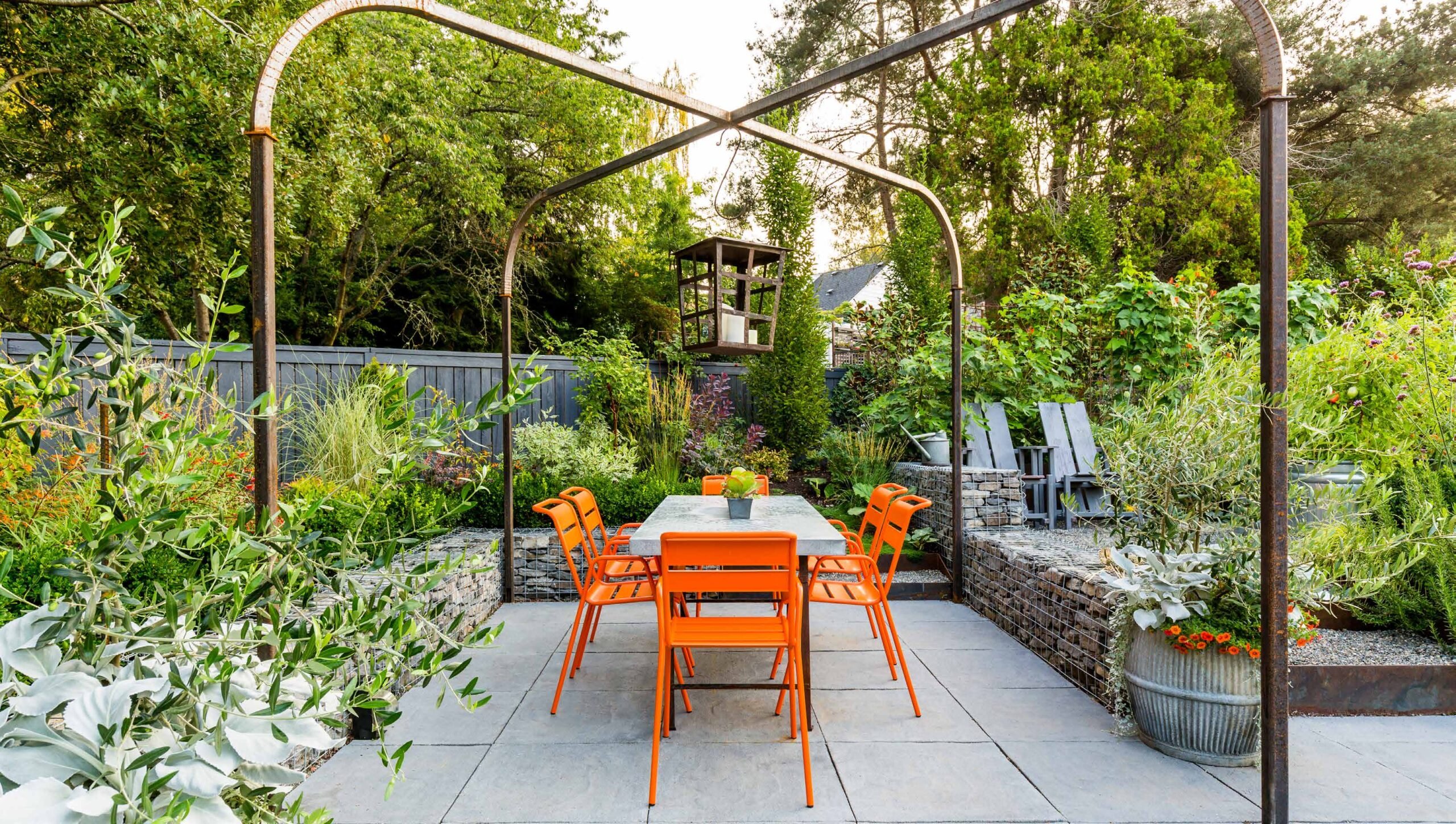
Design Futurist Award Announced: Committee Shares Vision
March 8, 2023 At Pacific Horticulture, we believe that beauty can be defined not only by gorgeous plants and design, but also by how gardens
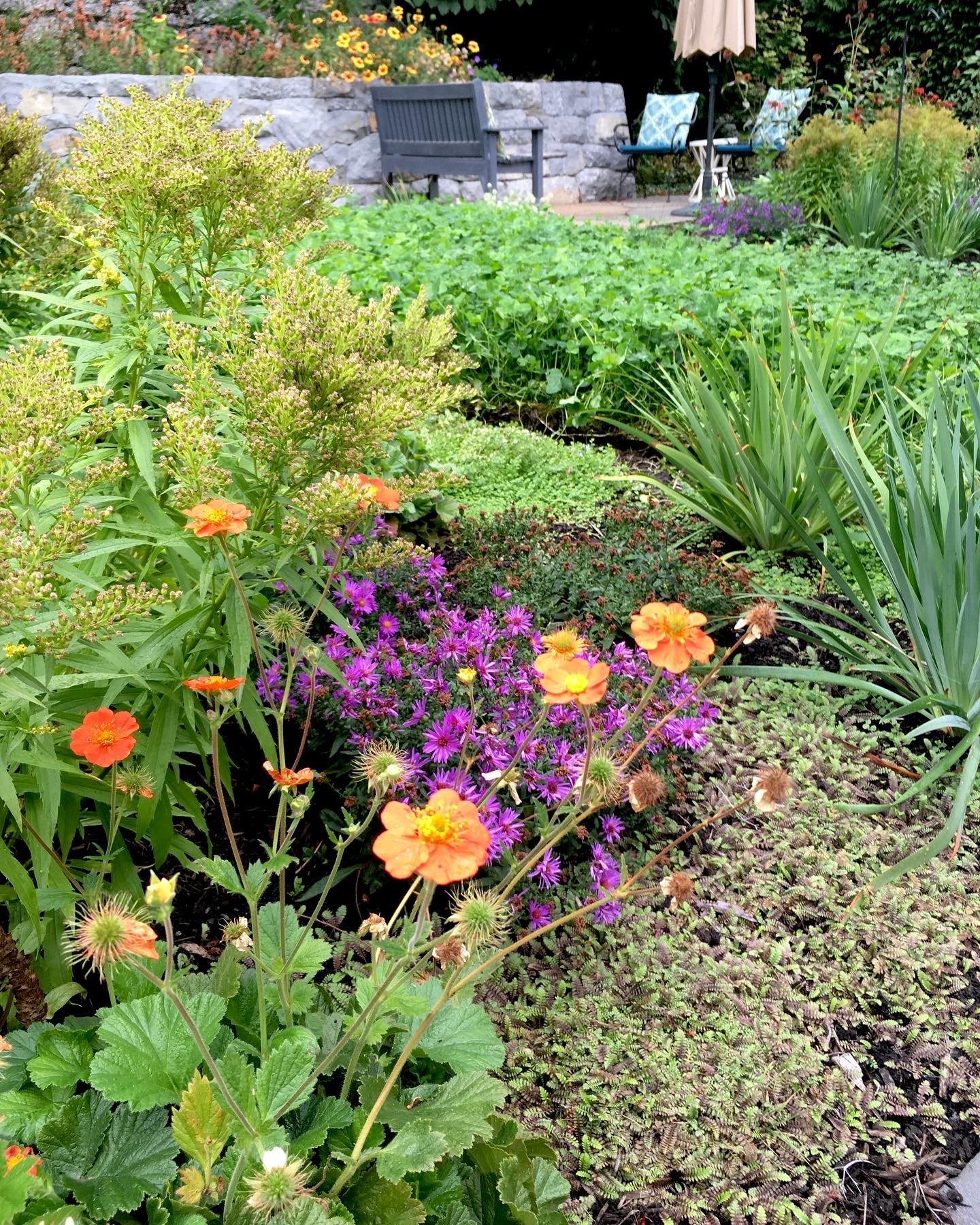
Nature Therapy from the Contemplative Garden
Winter 2022 Women’s hushed morning voices mingled with crashing waves and chattering crows. “The kettle’s still hot.” “Can you pass the honey?” Whoosh, crash, caw,

Portland Parks’ “Nature Patches”
Winter 2022 Nature is so beautiful when left to its own devices, yet crisply manicured lawns remain a status symbol. This is true in Portland,

January Showers Bring February flowers…
Fall 2022 It may not quite have the same ring to it as the old English proverb, but it has a lot more truth to




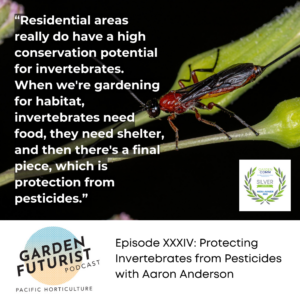

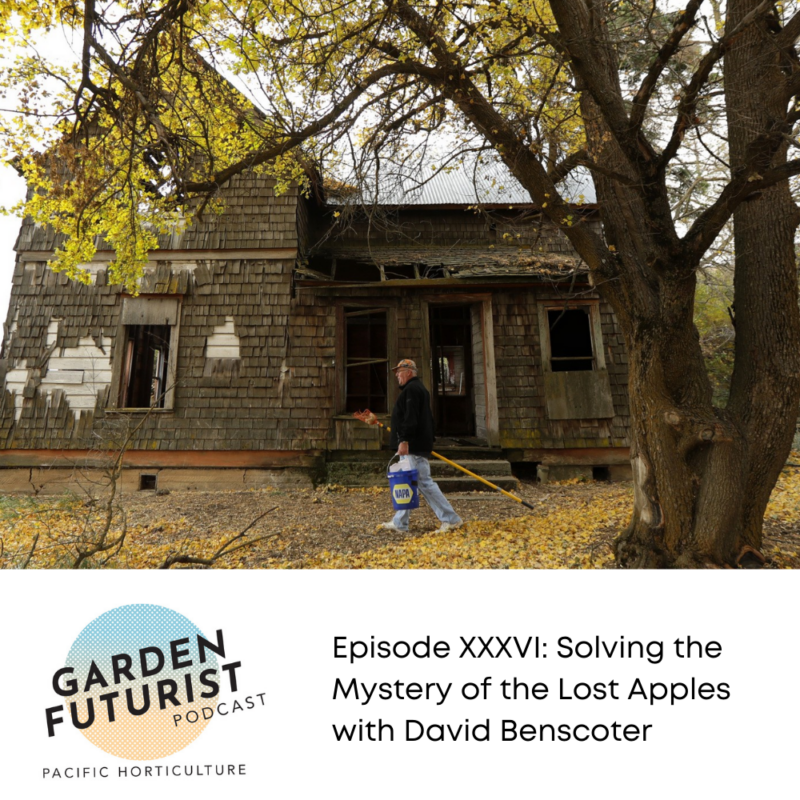
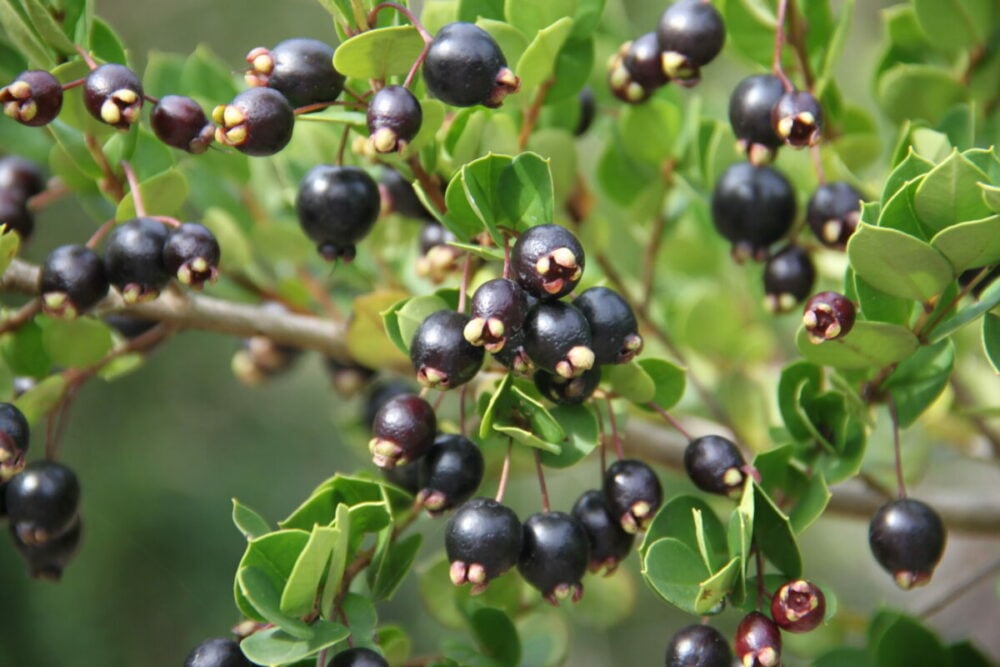



Responses